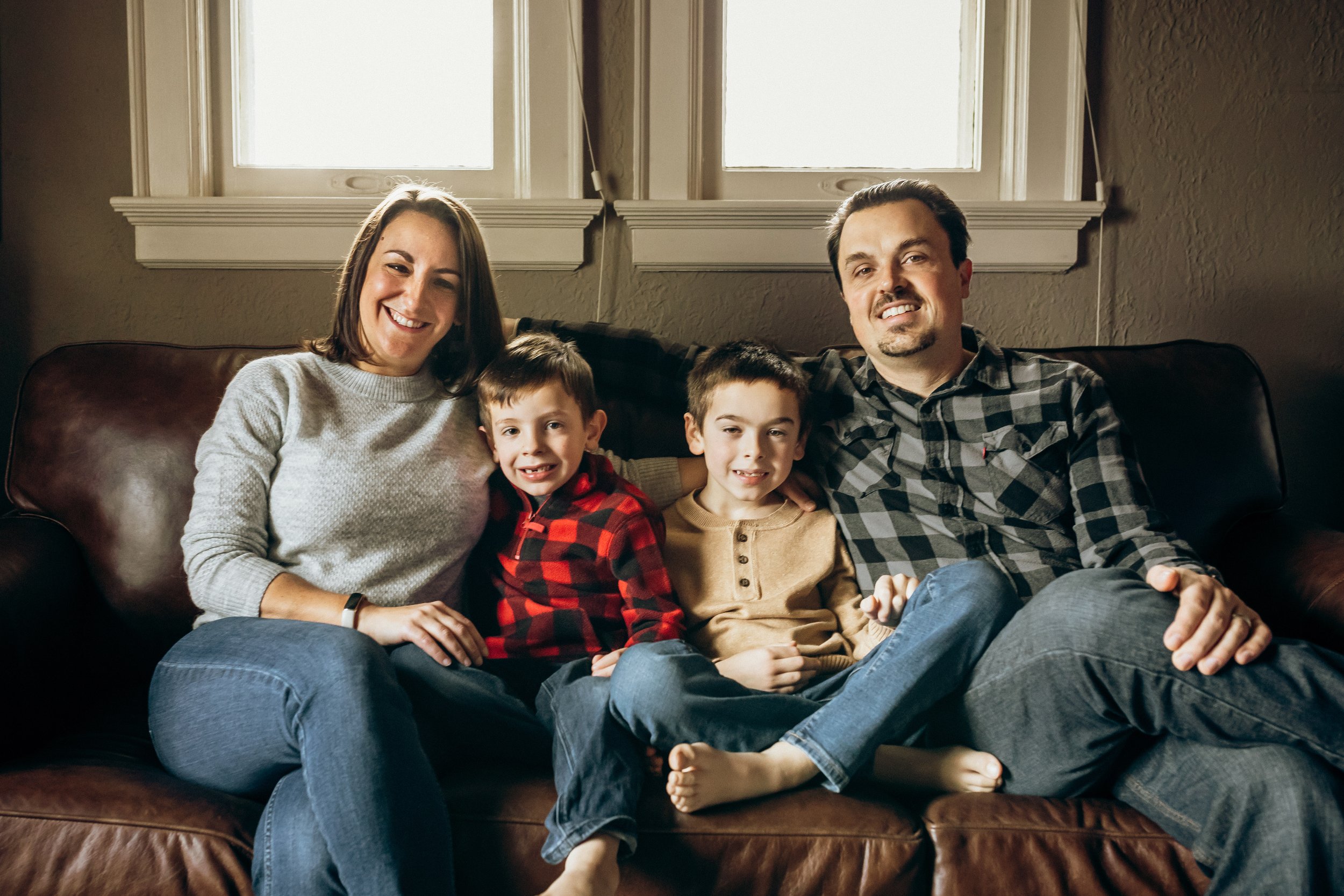ABOUT DANIEL

I was born and raised in Milwaukee’s Sherman Park neighborhood at a time when it was still a model of stability—middle-class, diverse, and full of opportunity. But I also watched as my city changed. Good-paying jobs disappeared, public resources shrank, and the North Side, where I grew up, was steadily starved of investment. From an early age, I developed a deep appreciation for Milwaukee’s history—especially its legacy of good, clean government that once worked for its people. I also became aware of the systemic issues that needed to be addressed to make that legacy a reality again.
By the time I was a teenager, I was already engaged in Milwaukee’s biggest challenges. At 16, I worked on a documentary about segregation in the city, gaining firsthand insight into how deeply inequality was embedded in our neighborhoods. Around the same time, I began joining my mother in her activism—marching in anti-war protests as a child and later helping her with volunteer work at NARAL. These experiences shaped my belief that real change comes from both grassroots action and policy reform.
In college, I continued this work. I was a member of the Memorial Union Labor Organization, and I helped push for university divestment from sweatshop labor, learning how advocacy could create tangible shifts in power. After graduating with a degree in History and Religious Studies from the University of Wisconsin, I served as an AmeriCorps VISTA member in Brooklyn, NY. There, I worked to expand access to critical services for immigrant communities, fought for increased funding in neglected neighborhoods—testifying before the New York City Council—and joined efforts to curb NYPD over-surveillance of Arab-American communities in the years following 9/11. I was also active in movements opposing stop-and-frisk policies and took part in Occupy Wall Street. Through this work, I saw firsthand how government policies, for better or worse, shape the daily lives of the people they serve.
During the COVID-19 pandemic, my family and I returned to Milwaukee. Shortly after, I joined Mayor Cavalier Johnson’s team—first as a volunteer, then as deputy campaign manager, and later as a Staff Assistant in the Mayor’s Office. In this role, I worked on reckless driving prevention, community development, and neighborhood outreach, partnering with Business Improvement Districts across the city to strengthen local communities by building up communal gathering spaces. My return to Milwaukee also coincided with the nationwide protests following the murder of George Floyd. Like so many others, my family and I marched in Milwaukee’s streets, and I made it a priority to help my children understand why.
After leaving the Mayor’s office, I began coursework for a Master’s in Urban Planning at UW-Milwaukee. There, I helped launch the Center for Equity Practice and Planning Justice—a necessary initiative aimed at dismantling segregation in declining cities like Milwaukee. Outside of work and school, I continued my commitment to local activism—leading a tree-planting campaign in Gordon Park, volunteering with Habitat for Humanity, and serving on the board of Garfield's 502 Rhythm & Blues Festival.

Milwaukee was once a national model for good governance—one that put its people first. We need leadership that reflects that again. As your Alderman, I will fight for transparent, effective governance, advocate for the most vulnerable, and push for real investment in communities that have been left behind. Our approach to underserved neighborhoods over my lifetime has only resulted in more under-resourced communities. That has to change. I’m running to build a Milwaukee that is safer, more inclusive, and more just—because this city deserves nothing less.
